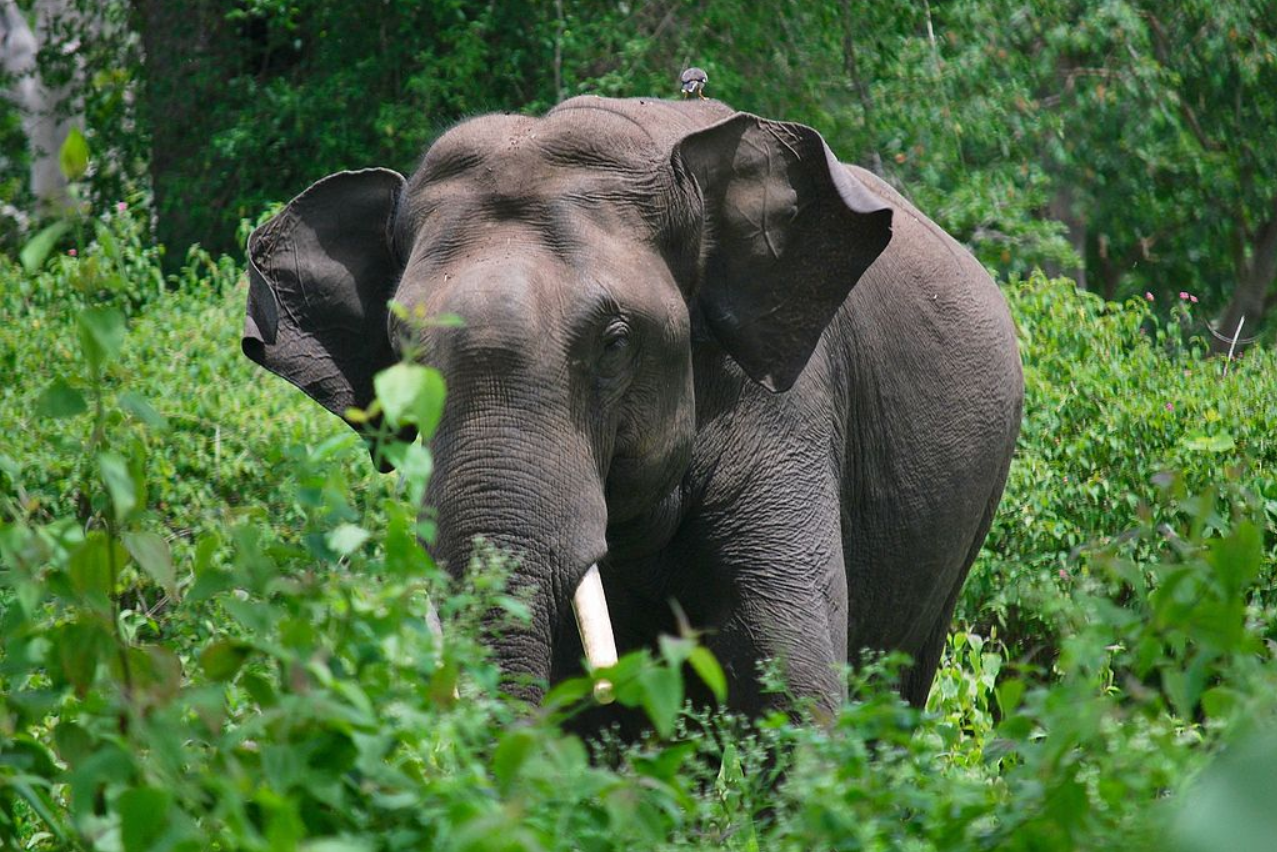WORLD Wildlife Day is a global celebration of the rich biodiversity of our planet. India stands as a diverse haven for unique and endangered species and each March 3rd, World Wildlife Day sheds light on India’s extraordinary wildlife and the ongoing conservation efforts by dedicated wildlife NGOs. From the majestic Bengal tiger to the Spotted Owlet, India’s diverse ecosystems host a plethora of species but many are facing threats from habitat loss, poaching, and human-wildlife conflict.
In this blog, we spotlight five wildlife NGOs in India that are at the forefront of conservation and are tirelessly working to protect and preserve the country’s remarkable wildlife. These wildlife NGOs are an example of the collective commitment to ensuring a sustainable future for India’s wildlife. Together with the support of compassionate individuals, these wildlife NGOs are making significant strides in raising awareness, enforcing protective measures and fostering coexistence between humans and the incredible biodiversity that graces the subcontinent.
Here are 5 wildlife NGOs focused on the rescue, rehabilitation and conservation of wildlife in India:
Centre for Wildlife Studies
Centre for Wildlife Studies is one of the wildlife NGOs in India that is spearheading a groundbreaking campaign to address the escalating human-elephant conflict in India. India has over 28,000 elephants which constitutes more than half of Asia’s elephant population. But now, the country is witnessing over 400 human and 100 elephant fatalities annually due to human-elephant conflict. This campaign focuses on developing an early warning system to reduce human-elephant conflict through an AI-enabled real-time acoustic monitoring system. Centre for Wildlife Studies’s innovative acoustic early warning system is in collaboration with Rainforest Connection and aims to detect elephant movement and alert communities through an app or text message.
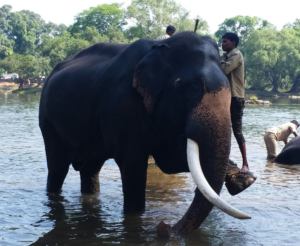
This is one of the wildlife NGOs that aims to alleviate the burden on rural communities in human-elephant conflict areas, where traditional mitigation strategies often prove expensive or ineffective. In addition to the technology-based solution, the campaign emphasizes public engagement through outreach, workshops and educational materials with the goal of fostering awareness and understanding of human-elephant conflict and the proposed monitoring system. With potential benefits for the scientific community, local stakeholders, and conservation efforts, the campaign aspires to empower communities, improve policy, and contribute to sustainable coexistence between humans and elephants in India. This World Wildlife Day, you can support Centre for Wildlife Studies and donate here.
Wildlife Trust of India
Wildlife Trust of India is one of the leading wildlife NGOs running an important campaign focusing on the escalating human-wildlife conflict resulting from the expanding human population and diminishing natural habitats. With people and animals increasingly competing for space and resources, this campaign aims to address the root cause of conflict – the lack of tolerance towards the mere presence of wild animals near human habitation. This intolerance often leads to retaliatory killings, poisoning and electrocution of animals, causing harm to both wildlife and local communities. Wildlife Trust of India focuses on sensitizing local communities through tailored education initiatives, emphasizing the need for behavioral changes to minimize conflict.
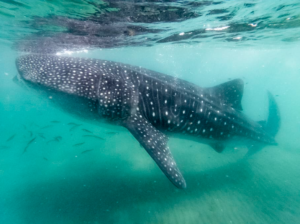
By creating a deeper understanding of the value of biodiversity and promoting coexistence, Wildlife Trust of India is one of the wildlife NGOs that seeks to change mindsets that expect free-ranging animals to conform to man-made boundaries. This approach has proven successful in various conservation endeavors, such as preventing the slaughter of whale sharks by educating fishermen in Gujarat and halting the hunting of hornbills by the Nyishi tribe in Arunachal Pradesh. Moreover, the NGO also focuses on building lasting relationships with local communities and garnering essential support for on-the-ground mitigation activities. This proactive approach prevents further casualties and contributes to the harmonious functioning of a healthy ecosystem. This World Wildlife Day, to support Wildlife Trust of India, you can donate here.
RESQ Charitable Trust
RESQ Charitable Trust has launched a campaign regarding the changing dynamics of urban development, agricultural patterns and climate change that have disrupted the natural landscape. The consequence has been an escalating conflict between wildlife and the urban environment. Since its inception in 2007, RESQ Charitable Trust is one of the wildlife NGOs that has played a crucial role in aiding distressed animals with a particular focus on wildlife since 2018 with their 24/7 helpline and treatment centre to rescue and rehabilitate urban wildlife. RESQ Charitable Trust’s campaign is focused in and around Pune and its Wildlife Treatment Transit Centre has earned the approval from the Maharashtra Forest Department as a treatment centre for rescued wildlife.
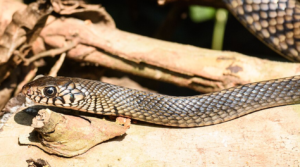
RESQ Charitable Trust is actively engaged in diverse aspects of wildlife rescue, rehabilitation and conflict mitigation. Their commitment is evident in their efforts to rescue wildlife facing various conflicts, often in critical conditions. While recognizing the inability to save every animal, the NGO’s motivation stems from witnessing the resilience of wildlife animals when given a chance at life. The NGO’s campaign emphasizes the joy of releasing rehabilitated animals back into their natural habitats – a poignant moment of witnessing freedom, as animals return to the wild or birds soar into the sky. This World Wildlife Day, to support RESQ Charitable Trust, you can donate here.
Wildlife Protection Society of India
Wildlife Protection Society of India is running a campaign to reduce tiger poaching in the lesser-known but critical Parambikulam and Sathyamangalam Tiger Reserves in Kerala and Tamil Nadu respectively. Parambikulam is a biodiversity hotspot and has an estimated 38 adult tigers. Sathyamangalam is a tropical dry forest that is home to around 60 wild tigers. Both were declared Tiger Reserves in 2009 and 2013 respectively and face challenges like poaching, forest fires, invasive plants, staff vacancies and human-wildlife conflict. Wildlife Protection Society of India’s involvement in the ROAR Trip campaign seeks to cover 25,000 km raising awareness and support for tiger conservation.
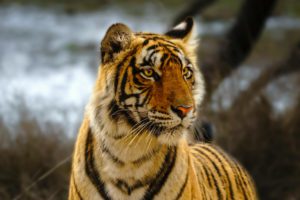
Focusing on Parambikulam and Sathyamangalam, Wildlife Protection Society of India is one of the wildlife NGOs that aims to address issues such as road kills, poaching and human-wildlife conflict. The campaign emphasizes equipping and training frontline personnel, anti-poaching watchers and forest guards and bolster their capacity to protect critical tiger habitats. Furthermore, the NGO will investigate the impact of wildfires on habitats, paving the way for region-specific solutions. The project’s comprehensive approach includes community support and sensitization and aims to make a positive impact on wildlife, habitats and local communities to create a robust force for tiger protection in the region. This World Wildlife Day, to support Wildlife Protection Society of India, you can donate here.
Humane Society International/India
Humane Society International/India is one of the unique and rare wildlife NGOs that is spearheading a crucial campaign to stop the illegal trade in owls. This campaign addresses a pervasive threat to these creatures that stem from myths, superstitions and black magic. In many parts of India, it is believed that owls bring good fortune while in other places owls are seen as a bad omen and are chased from their natural habitat, or killed. While large scale habitat destruction remains the primary danger to wildlife, the illicit trade in owls has flourished due to misconceptions and false beliefs. Owls have a unique adaptation mechanism for survival, but have become entangled in cultural practices in India that have increased and intensified the illegal owl trade.
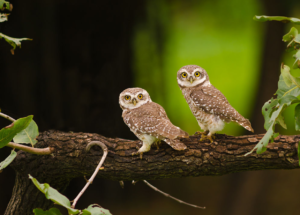
Humane Society International/India’s campaign recognizes that over 15 out of 30 owl species in India have fallen victim to this illegal trade – with the Spotted Owlet being particularly prevalent. Humane Society International/India is working to map the supply chain of owl trade across Peninsular India and reduce demand in key locations such as Crawford Market in Mumbai, Murgi Chowk in Hyderabad and Russell Market in Bengaluru. The NGO focuses on conservation, preventing owl cruelty and educating the public about the welfare of owls. By breaking myths and superstitions about owls, the campaign aims to return these magnificent birds to their natural habitats and foster a harmonious coexistence between humans and wildlife. This World Wildlife Day, to support Humane Society International/India, you can donate here.
Donate to these 5 wildlife NGOs on Give.do
In celebrating World Wildlife Day, let’s place our admiration for India’s diverse wildlife into action. These 5 exceptional wildlife NGOs in India are driving impactful conservation efforts and compassionate individuals can contribute to their cause on Give.do. By supporting wildlife NGOs dedicated to protecting endangered species, preserving habitats and fostering coexistence, each charitable donation becomes a step towards safeguarding India’s biodiversity. Let’s make a positive impact on our planet to ensure a harmonious balance between humanity and the magnificent wildlife in India.
–
Give’s mission is to “make giving bigger and better.” Give is the most trusted donation platform in India for fundraisers and crowdfunding campaigns. Through our technology solutions, we enable individuals and organisations to fundraise and donate to a cause, charity or NGO with trust and convenience. Give’s community of 2.7M+ individual donors and 300+ organisations supports 3,000+ verified nonprofits with 80G deduction and serves 15M+ people across India. Find a fundraiser today!

Shirley has been in the development sector for over 10 years and is passionate about making a change in the world around her, including adopting dogs and writing to make a difference.
Discover more from
Subscribe to get the latest posts sent to your email.

